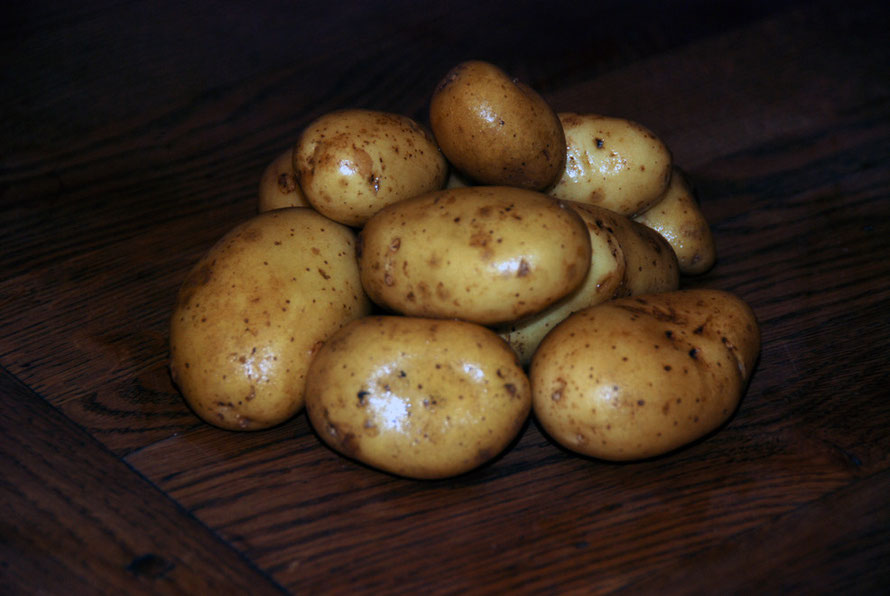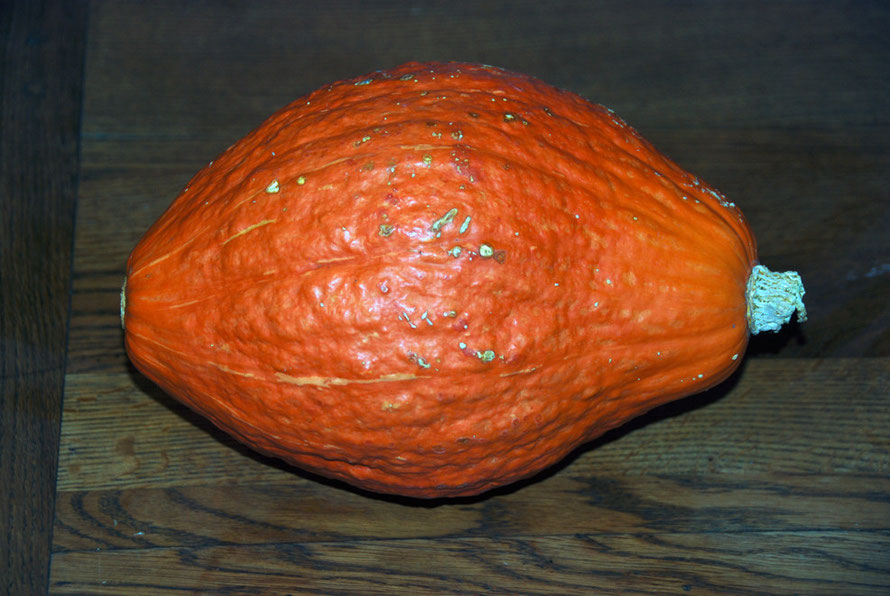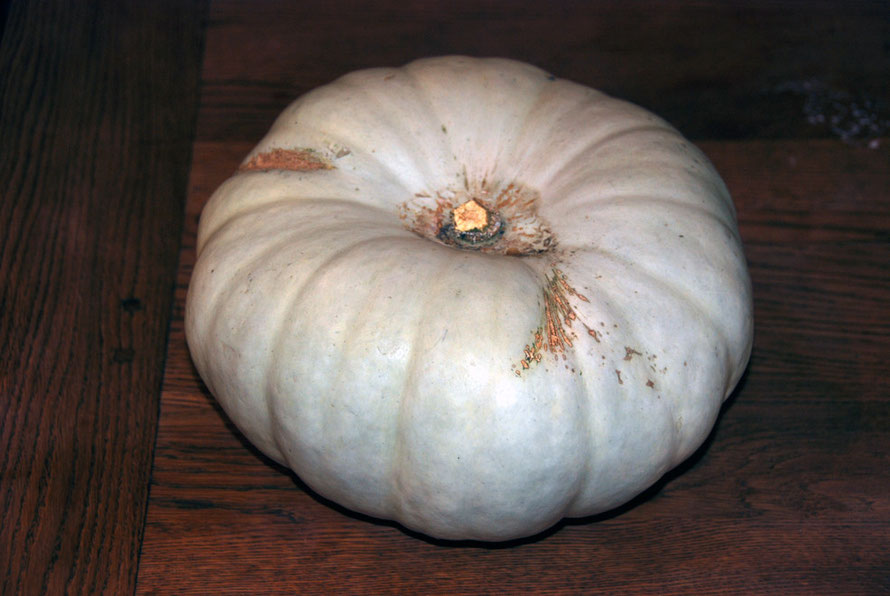Are you anxious too?
Welcome to 2013. Reading the Financial Times I was struck by how rapidly our world is changing. England has just experienced its second wettest year since records began. Four of the wettest years on record have occurred in since 2000. The amount of annual rainfall is rising steadily and the rain comes in increasingly violent downpours.
This is climate change with a vengeance. UK wheat yields are down by 15%, potatoes by 25%. Farming has lost £1.3bn. Wheat is being imported into the UK for the first time in 10 years. The land is so wet that farmers cannot get into their fields to sow winter barley, wheat and rape with knock-on impacts on the supply and price of spring sown cereal seed. Catchment hydrologists talk of the need to increase the resilience of the soil, to throttle back on the ‘rip it out/ram it in’ modality of intensive arable production where the soil never rests and recuperates. Experts envisage increasing turbulence and extremes in mild England’s weather – deluge and drought.
And that is just England where climate change is sometimes regarded as likely to bring positive impacts – if growing grapes and outdoor tomatoes are your thing. Further afield Hurricane Sandy and the cyclone season in the Philippines showed the potential for far greater damage. Whilst polar ice melt and the expansion of the sea water through temperature rises threaten vast areas of the global north and south, with Bangladesh and the Maldives in the forefront.
Meanwhile as the pace of climate change accelerates we are treated to the spectacle of 7,000 delegates at the Climate Change Summit in Qater failing to achieve very much at a glacial rate of change.
In the same edition of the FT (January 3rd, 2013) with the report on the UK’s wettest-but-one year is a report on the manner in which the internet is changing the way we think and feel. We are becoming a ‘twit and flit’ generation, skimming and bouncing over vast fields of information, unable to settle and concentrate, loosing the ability to reflect and think things through, our days and nights constantly interrupted and driven by emails, social networking, texts, twitter feeds. We live in a world that according to the article privileges the quantitative, the objective where social relations are mediated by technology, distance, apartness, our bodies craving the dopamine release of a ‘Like’ on Facebook. We also seem to live in a world where increasingly the facile, the photogenic and the factoidal – as long as it confirms what you think it must be factual, right – dominate increasingly fragmented and vitriolic public and internet discourses. The article suggests the way we use the internet, its increasing predominance, will/is changing the neural networks in our brains.
And then there is the ‘rise of China’ and the great fear of continued stagnation in much of the ‘old West’. In France the nation seems gripped by the fascination of its own ‘declinisme’ but unable to change course. In the UK economists are baffled by the fall in labour productivity and the resilience of employment levels in the teeth of austerity. In the old post-empire days of the West there was always somewhere or something to hide behind – preferential trade agreements, the Sterling area, a world trade system institutionally and legally biased to protect the West and its living standards. But when China is the largest external holder of the US national debt and has driven its way to becoming the world’s second largest economy based on export-led growth increasingly we are all exposed to the harshest winds of competition and the scouring, unending, merciless search for profit.
Meanwhile the UN reports that in Syria 60,000 people have been killed in less than two years: a rate of ‘attrition’ of over 500 deaths a week. Israel intransigent. Iran bellicose. China and Japan flexing muscle and stirring up patriotic fervor over the Senkaku-Diaoyu islands.
In Spain youth unemployment stands at 56.6% and in Greece at 57.6%. Little Cyprus is about to be bailed out to the tune of €20bn euros (€10,000 per head of population) with the attendant ‘structural adjustments’ . Italy that has not grown in ten years where friends tell me the young despair at finding any kind of work, even in the once thriving Third Italy.
You would feel anxious, wouldn’t you? Maybe it is the juxtaposition between the Christmas period as cargo cult and national consumption fest and the magnitude of the changes taking place around us that feel so overpowering when we dare look at them. And the sense that by and large we are not in this together, that we are alone and thrown back on our own resources, and that the rich simply get richer despite what happens in the world. How much more outrageous could it be? That in the US in the last three decades the top 1% of the population has increased its after-tax real wealth by 275% and now accounts for 17% of the country’s riches? No, make that 'more than 20%' (see the Congressional Budget Office). And while there has been much talk of the fiscal cliff and tightening up tax regimes the rich and wealthy continue to drive their coaches and horses through the loopholes in the US tax system with impunity.
And that’s not to mention the outrage in Delhi, the disgrace in the Church of England – so they will allow celibate gay bishops but not women ones (how many tortuous contradictions can you cram into a policy)– the Vatican City’s failure to comply with money laundering regulations leading to UBS pulling the plug on the Holy See’s cash machines and the young American in St Peter’s Square at Christmas telling the BBC how excited he was, 'to be there in the place where, like, Jesus was born.'
Happy New Year. The laughing juice is on me.
Listening to Farming Today today I heard a guy who runs a big nursery in Truro, James Hosking, saying that he has poytunnels and greenhouses full of brassica plants for the West Cornwall broccoli (cauliflower) and calabrese industry. These should have been planted out in mid-January but the fields are too sodden to work them and won't be ready for planting for a minimum of 7-10 days. His nursery at Fentongollan Farm on the Fal Estuary raises 100m plants a year and is full to bursting with seedlings that need to go in the ground.
Meanwhile the Asian Fruit Fly arrived in Kent from Southern Europe last year and fruit growers are braced for this pest, which has no natural predators in the UK, to make depredations on ripe and ripening fruits from the blackberry to the plum.





